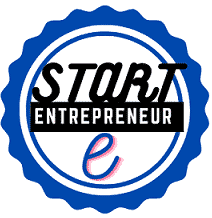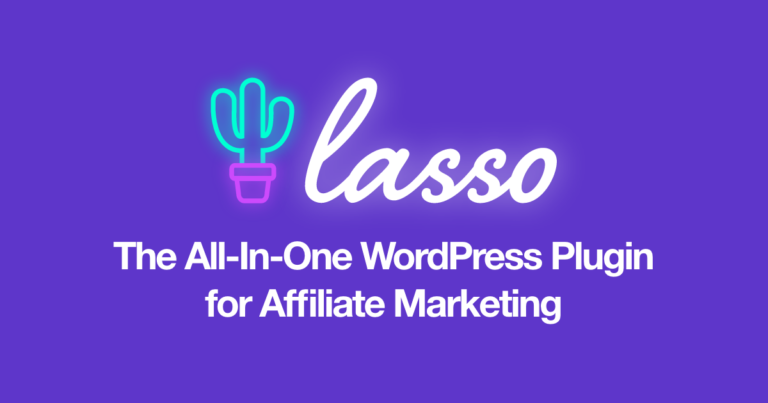The Republic of the Marshall Islands is a rustic of round 50,000 people spread throughout greater than 1,000 islands in a distant a half of the Pacific Ocean. The country depends closely on cross-border finance and commerce, and the complexities of that system could make it tough for residents to get sure items and monetary services effectively.
Now the federal government is in search of to become the primary to concern a nationwide digital forex utilizing blockchain technology. Officials hope the transfer helps citizens keep away from excessive transaction fees, simplifies compliance with international companions, and protects in opposition to inflation (the currency will have a fixed provide rate).
The new currency shall be primarily based on blockchain technology developed by Silvio Micali, the Ford Professor of Engineering in MIT’s Computer Science and Artificial Intelligence Laboratory (CSAIL), and commercialized by Micali’s startup, Algorand.
There has been appreciable hype around the potential for blockchain technology and related cryptocurrencies to disrupt the way cash and other belongings transfer around the globe. Skeptics of that imaginative and prescient say blockchain technologies are not sustainable or environment friendly sufficient for mass adoption.
Algorand believes it has solved these issues with a novel, scalable structure that doesn’t sacrifice conventional advantages of blockchain technology like decentralization and security.
An increasing variety of persons are using Algorand for a extensive range of functions, from creating carbon credit score marketplaces to expediting actual estate transactions and, within the case of the Marshall Islands, creating new authorized tender.
“The advent of blockchain technology has opened up a world of opportunity for small nations like ours,” Marshall Islands Minister-in-Assistance to the President David Paul said when the nation introduced its plans. “By issuing a foreign money that is not physically embodied in money, that may travel the globe immediately, and that is tamper-proof and utterly safe, the Marshall Islands will lastly be connected to the worldwide monetary system by itself terms.”
Starting from scratch
Micali has long been acknowledged for his work in cryptography and safety. He’s been a member of MIT’s college since 1983, and in 2012 was awarded the Turing Award together with his collaborator and fellow MIT professor, Shafi Goldwasser.
Working with others, Micali’s achievements embody a model new means for distributed parties to agree on a price or technique even if a variety of the events are corrupt (reaching so-called byzantine agreement), and a technique for parties to securely ship information to one another in a way that may later be verified by the basic public (called verifiable random functions).
Much of Micali’s work occurred lengthy before the rise of modern cryptocurrencies and hype around blockchain. In the case of verifiable random features, Micali says he knew they’d be helpful somehow, however couldn’t determine the appliance.
Still, Micali put off studying about blockchains for years after the creation of the first blockchain-linked cryptocurrency, Bitcoin, in 2008. One day he finally walked into his lab and asked a few of his graduate college students to elucidate it to him.
“I had two major reactions,” Micali remembers. “One was it’s a beautiful idea. Two was it’s a really inelegant solution.”
Of specific curiosity to Micali was an issue put forth by the founder of one other blockchain, Ethereum. The founder mentioned blockchains can assure at most two of the next: decentralization, safety, and scalability.
“The notion that one thing was inconceivable actually attracted my consideration, as a outcome of in cryptography, and MIT more usually, our business is to prove the inconceivable possible,” Micali says.
Micali additionally credit MIT’s ecosystem with helping him begin Algorand. Of his first 10 hires, eight were from MIT.
“It’s not only the tech, it’s additionally the entrepreneurial spirit at MIT and the reality that we don’t shy away from challenges,” Micali says. “But the most important supply for me and Algorand can also be the most important resource at MIT: the people.”
In 2017 Micali started from scratch to build a greater blockchain.
The term blockchain refers to records of knowledge, saved in blocks, that users can add to, forming chains. Each block incorporates an abbreviated model of the earlier block and time stamped information like transaction information. As more blocks are added, the earlier blocks turn out to be tougher to alter, offering a secure ledger of transactions and other information. Many public blockchains have related cryptocurrencies, or digital property, and details about cryptocurrency transactions is stored on the blockchain ledger.
“The problem is who ought to be ready to append the next block of transactions to the blockchain,” Micali says. “Because if I even have the flexibility to declare one thing widespread data, I really have a lot of energy. Who should have that power?”
Some blockchains choose users to add and validate the next block by having them dedicate computing power to solving cryptographic riddles. That approach has been criticized for being inefficient and power intensive. Other blockchains give users holding the related cryptocurrency energy to validate new blocks on behalf of everyone else. That method has been criticized for being too centralized, as comparatively few people maintain the vast majority of many cryptocurrencies.
Algorand additionally relies on an related cryptocurrency to validate new blocks. The company calls the forex Algo cash. Rather than giving the facility to validate new blocks to the people with probably the most cash, nevertheless, Algorand has house owners of 1,000 tokens out of the 10 billion in circulation randomly choose themselves to validate the following block.
The tokens are chosen in a microsecond-long process that requires comparatively little computing power. The random selection additionally makes the blockchain more secure by giving no clear target to hackers, helping Algorand solve the “trilemma” put forth by the Ethereum founder with a scalable, safe, and decentralized blockchain.
On prime of that architecture, Algorand’s neighborhood has developed additional options tailored to specific functions, like smart contracts, which might self-execute primarily based on predefined circumstances of their code, in some instances eliminating the necessity for central authorities and intermediaries like legal professionals.
To enable sensible contracts to execute on its blockchain extra efficiently, Algorand created a programming language referred to as Transaction Execution Approval Language (TEAL). TEAL returns a real or false value depending on if specified circumstances are met, simplifying the method of making and executing contracts on the blockchain.
The contracts have since been used to allow monetary transactions, build a marketplace for small purchases of gold, and collect small-scale investments in startups.
Unlocking the potential of blockchain
The Italian Society for Authors and Editors was founded in 1882 after artists organized to keep away from exploitation. A lot has modified since its founding, with conglomerate streaming providers coming to hold huge amounts of power over content material like motion pictures and music. The result’s a complex copyright ecosystem the place royalties for artists are lowered by publishers, lawyers, auditors, and other intermediaries.
But right now greater than one hundred,000 artists in the organization have their copyrights digitally represented and might trade or sell those rights at publicly listed market prices on Algorand’s blockchain. The artists can give permission to make use of their songs in certain instances whereas retaining the copyrights.
“We enjoy artists, however we often don’t give them what is as a end result of of them,” Micali says.
The use case fulfills a central promise of blockchain, empowering people to exchange items without centralized authorities taking over money and time. It also exemplifies what’s been an enormous source of enterprise for Algorand up to now: the tokenization of digital belongings, also recognized as non-fungible tokens, or NFTs.
The application also hits house for Micali, who has been happy to see people in his residence country of Italy benefiting from his solution.
“It shows how one can regain possession of your personal info,” Micali says. “That’s a giant trend, as a outcome of very often to make data obtainable you must give the rights of your data to someone else, who then owns your info. It’s easy to say you shouldn’t do this, but we’d like technology to get round it. The only method to go forward now is decentralization.”
Discover more from Start Entrepreneur Online
Subscribe to get the latest posts sent to your email.







